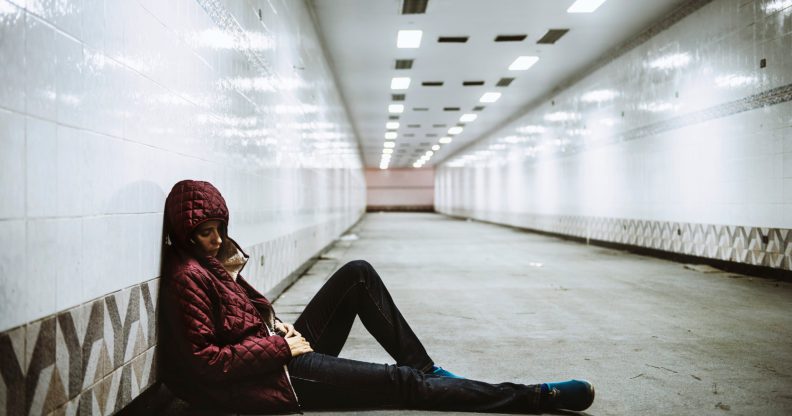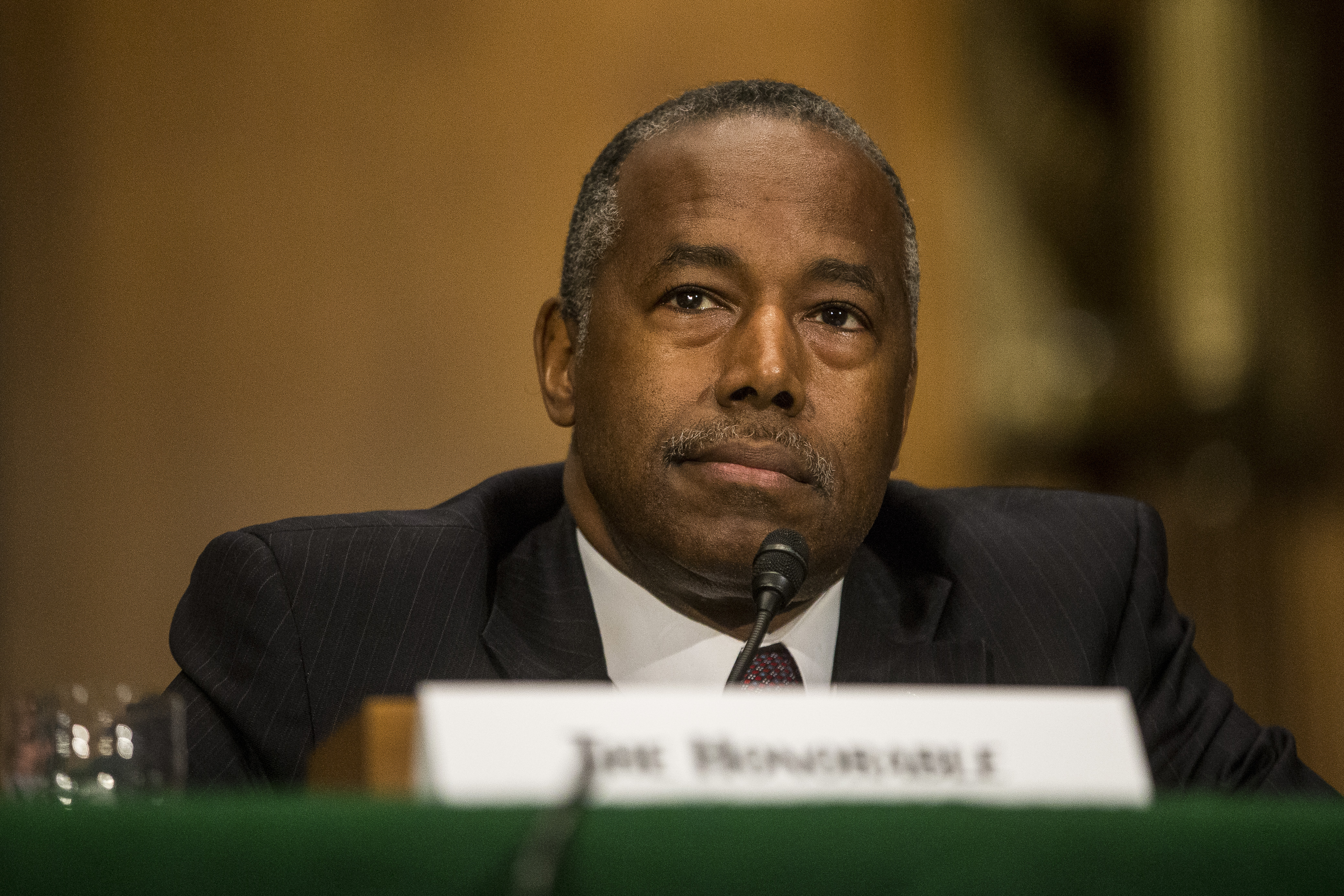Butch cis women could be turned away from homeless shelters under Trump administration’s proposed anti-trans rules

The policy could lead to discrimination against every woman deemed not to ‘look’ like a woman
Homeless shelters would be permitted to turn away women deemed to have masculine features under a misogynistic and transphobic plan reportedly drawn up by the US Department of Housing and Urban Development (HUD).
The new plan drawn up under Trump’s HUD secretary Ben Carson seeks to reverse Obama-era equal access rules that direct federally-funded homeless shelters to accommodate transgender people based on their gender identity.
Instead, HUD says it will empower providers who choose to operate based on “biological sex” in cases “when an individual’s gender identity does not match their biological sex”, according to reports.
But short of requiring all homeless people seeking shelter to submit themselves for genital inspections and chromosome tests, the leaked guidelines makes clear that a valid determination of “biological sex” is actually just an uninformed guess based on pretty much anything.
The text of the proposed rule, first reported by Vox, makes clear that services would be able to take into a combination of factors which “may include, but are not limited to… height, the presence (but not the absence) of facial hair, the presence of an Adam’s apple, and other physical characteristics which, when considered together, are indicative of a person’s biological sex”.

US Housing and Urban Development Secretary Ben Carson (Zach Gibson/Getty)
Given the many existing accounts of butch cis women being hounded out of women’s spaces due to transphobes who believe them to be men, the proposed rule would effectively give a green light to the misogynistic practice.
The rule specifically bars genital checks, making clear: “Evidence requested must not be unduly intrusive of privacy, such as private physical anatomical evidence.”
Ben Carson is ‘on the wrong side of history’.
The plan has been condemned by groups that work to support homeless people — especially given the disproportionately high rates of homelessness among all parts of the LGBT+ community, including gender non-conforming LGB people.
Dylan Waguespack of True Colors United, which advocates for homeless LGBT+ youth, told Vox: “It creates unsafe conditions and unsafe barriers to housing and services for trans people in the midst of a global pandemic.
“[Carson is] on the wrong side of history and the wrong side of the law. It’s critical that trans people across the US hear the message loud and clear that they are legally entitled to gender-appropriate homelessness services under the law.”
The outlet reports that the rule has already passed congressional review but the full text is yet to be released publicly.
Carson has previously come under fire for venting about trans women in department meetings, claiming that they are “big, hairy men” are trying to enter women’s spaces.
The HUD secretary, who has publicly expressed his support for a ban on “abnormal” transgender people serving in the military, vented that society “no longer seems to know the difference between men and women”.
Carson had a long history of anti-LGBT+ comments before taking up the role under Trump, previously comparing gay people to paedophiles and claiming that equal marriage is part of a Marxist plot.
In 2015, Carson claimed that prisons ‘prove’ being gay is a choice, and while running for President in 2016, he likened transgender people to racists who put on different accents.
In a release, he claimed of the new shelter rule: “This important update will empower shelter providers to set policies that align with their missions, like safeguarding victims of domestic violence or human trafficking.
“Mission-focused shelter operators play a vital and compassionate role in communities across America. The federal government should empower them, not mandate a single approach that overrides local law and concerns. HUD also wants to encourage their participation in HUD programs. That’s exactly what we are doing with this rule change.”

